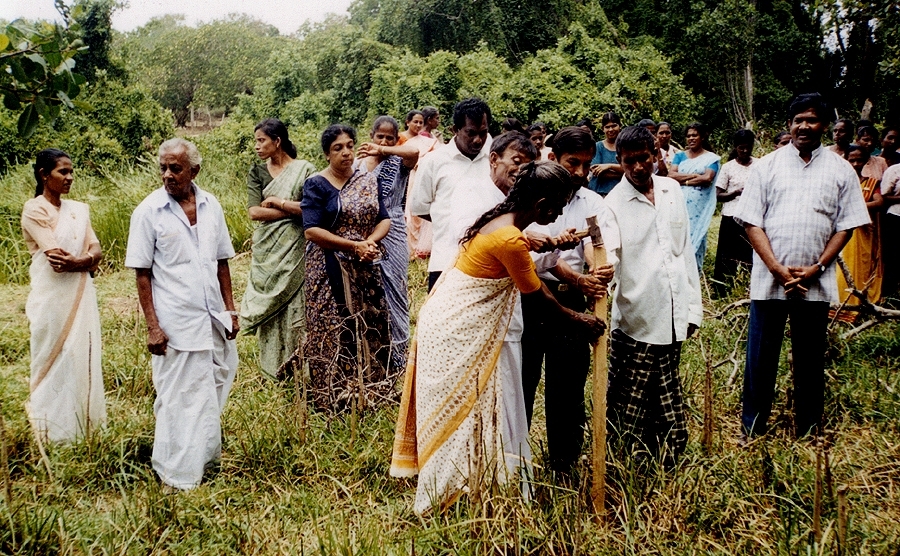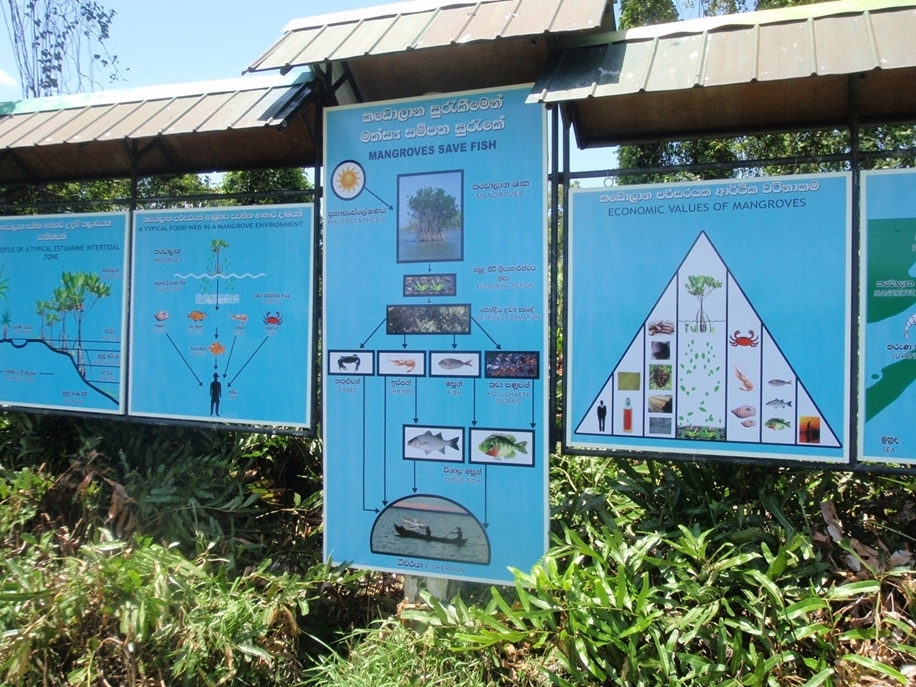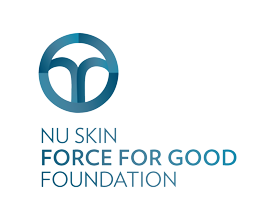Sri Lanka (called Ceylon before 1972), is a 25,000-square-mile island in the Indian Ocean. Its 30,000 acres of mangrove forests contain over half of the world’s mangrove species. Mangroves protect coastal communities from storm damage, act as important fish nurseries, and trap huge amounts of carbon, mitigating global warming. But they are among the planet’s most endangered ecosystems.
In response to threats to Sri Lanka’s mangroves, the Small Fishers Federation of Lanka (Sudeesa) has begun a mangrove conservation program. Seacology support has helped Sudeesa establish the Kiralakele mangrove conservation program in southern Sri Lanka. This program entails rehabilitation of degraded mangrove areas, a new mangrove arboretum as an ecotourism destination, and construction of the south coast’s first mangrove resource center. Sudeesa director Anuradha Wickramasinghe received the 2001 Seacology Prize in recognition of his outstanding work to preserve coastal resources and provide economic opportunities to fisher folk in Sri Lanka.





